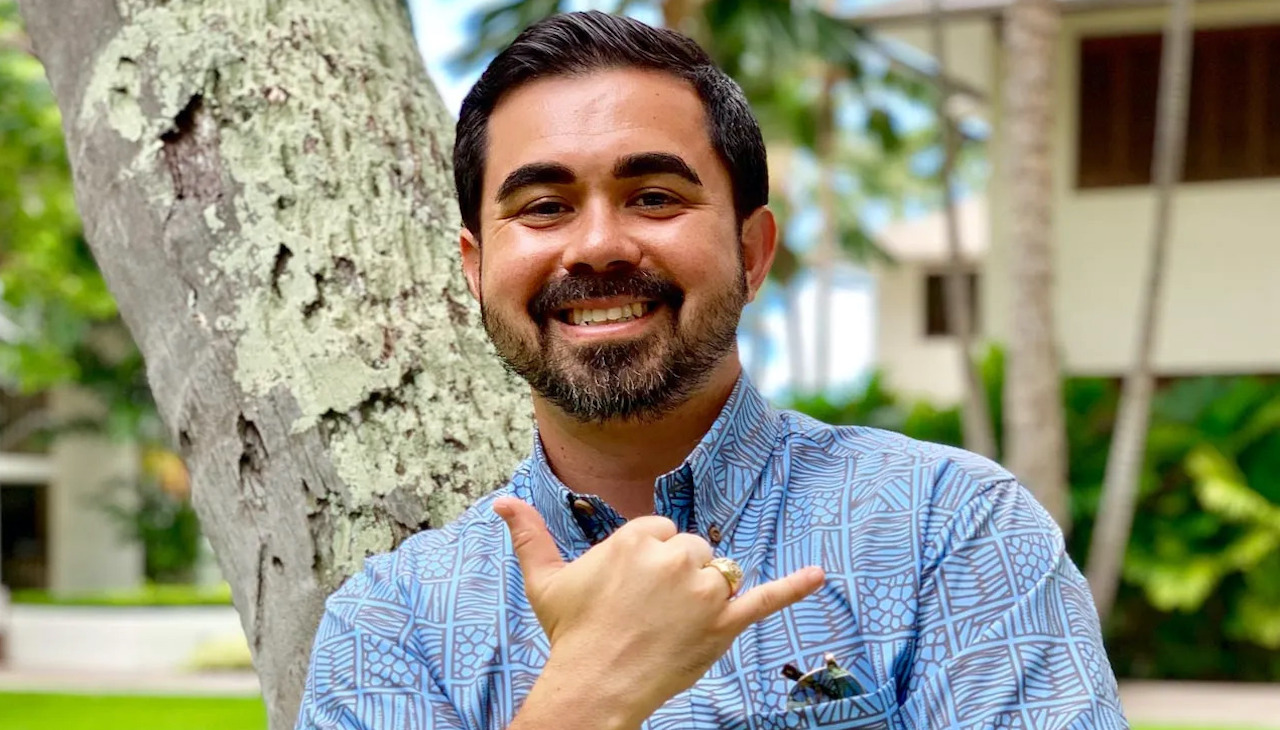
Patrick Pihana Branco, the Puerto Rican Hawaiian running to be the state’s first Latino in Congress
Branco recently picked up a major endorsement from the Hispanic Caucus’ BOLD PAC and wants to build long-term roots for the state in D.C.
On Tuesday, May 31, the Congressional Hispanic Caucus’ campaign arm, known as BOLD PAC, endorsed a Hawaii state lawmaker who intends to become the first Latino from his state to be elected to Congress.
Patrick Pihana Branco is running in a two-way Democratic primary against former state Sen. Jill Tokuda. Tommy Waters, a city councilmember from Honolulu, had also filed to run, but dropped out last month to remain on the city council.
“In Congress, Patrick will help bring down Hawaii’s ever-rising cost of living by bringing good paying jobs to the state, and secure the federal support needed to strengthen Hawai’i’s rural areas and agricultural sector,” Ruben Gallego, BOLD PAC Chairman said in a statement.
Mahalo @BOLDDems for your support!
— Patrick Pihana Branco (@VoteBrancoHI) June 1, 2022
Hawai‘i’s rich diversity is one of its greatest strengths, and being raised in a diverse ‘ohana and community instilled in me the need to become an advocate and a champion for every resident in our state https://t.co/xhqCiIS9p7
The endorsement from BOLD PAC could bring in donors and more endorsements for Branco, as well as some political influence as the campaign arm has been intensely backing its endorsees against other Democrats this election cycle.
In Oregon last month, state Rep. Andrea Salinas won the House primary for the state’s 6th District, and BOLD PAC is still celebrating the victory.
“The reason we suspect she did as well was because we were the first group to reach out to her, to recruit her. And we realized from day one that she was going to be a quality candidate,” Gallego said.
The primary election will take place in August and it will decide who gets the party’s nomination for the seat once Rep. Kai Kahele officially retires.
Kahele spent only one term in Congress and recently announced that he is running for governor. During his time in office, Kahele was often criticized for not wanting to make the long journey from Hawaii to create a lasting presence in the nation’s capital.
It is official.
— Kai Kahele (@kaikahele) June 7, 2022
I am a candidate for Governor of the State of Hawai’i.
E holomua kākou - lets go! 🤙🏽 pic.twitter.com/mH9SdgYGrD
Branco recently told The Hill that Hawaii needs long-term representation in D.C who are willing to build seniority.
“Whoever gets this seat needs to make sure they are committed to stay there for the long term and bring the resources Hawaii needs to develop,” he said.
Branco also said that he is perfectly fine with acclimating to the difficult lifestyle of representing his state from a continent away, as he has traveled many long hours as a foreign service officer.
RELATED CONTENT
Hispanic Caucus Endorses Patrick Branco, Who Could Become Hawaii’s First Latino Representative #Hawaii #CHC #MidtermElections #FirstLatino https://t.co/3Ot00KgYWI pic.twitter.com/oXkhoPFWPh
— Latinovations (@Latinovations) June 1, 2022
Branco wants his state to have long-term representation in order to move forward with large infrastructure projects, which can be a major challenge for a 1,500-mile-long group of islands.
But Branco pointed out that Hawaii’s geography provides a unique opportunity to implement renewable energy sources, which could help replace the state’s shrinking agriculture sector.
Branco, whose parents migrated from Puerto Rico to Hawaii, also has native Hawaiian, Filipino, and Chinese roots.
He said he is very in touch with his Pacific Islander roots, but he improved his Spanish skills and reconnected with his Latino side through his work as a foreign service officer.
Branco said that he looks forward to working in Congress to modernize Puerto Rico’s territorial status.
“As a Puerto Rican but also a native Hawaiian, I have a unique perspective on this. When Hawaii was a territory, we were treated as second-class citizens,” he said.
A bill to address the island’s status is currently circulating in Congress. The legislation would give Puerto Ricans a choice to vote on statehood, complete independence, or independence followed by free association with the U.S.
“Honestly, Puerto Rico should decide for themselves, that’s the beauty of America, but I wouldn’t be opposed to statehood. I would welcome it in fact. In the end Puerto Rico should have the right to self determination,” Branco said.



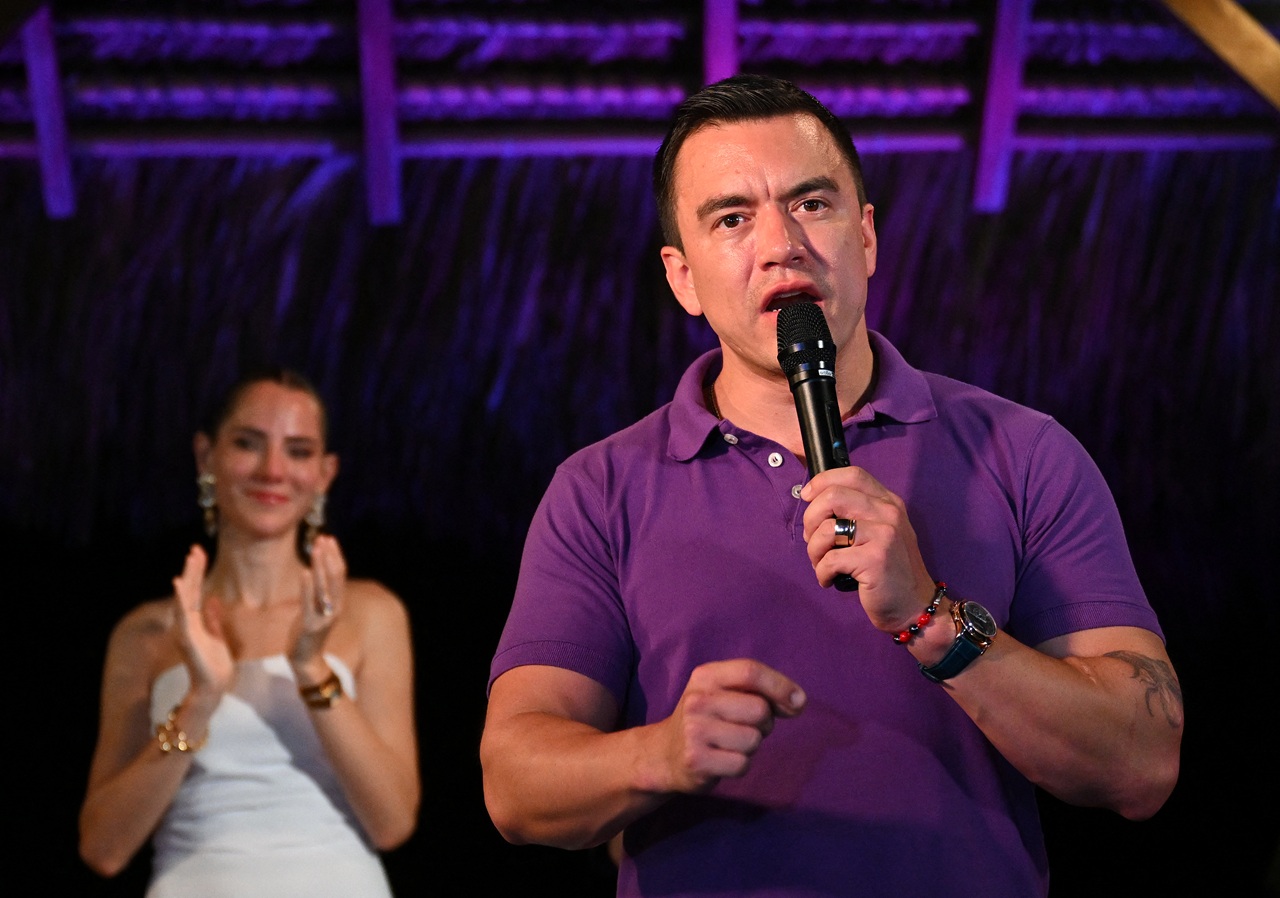
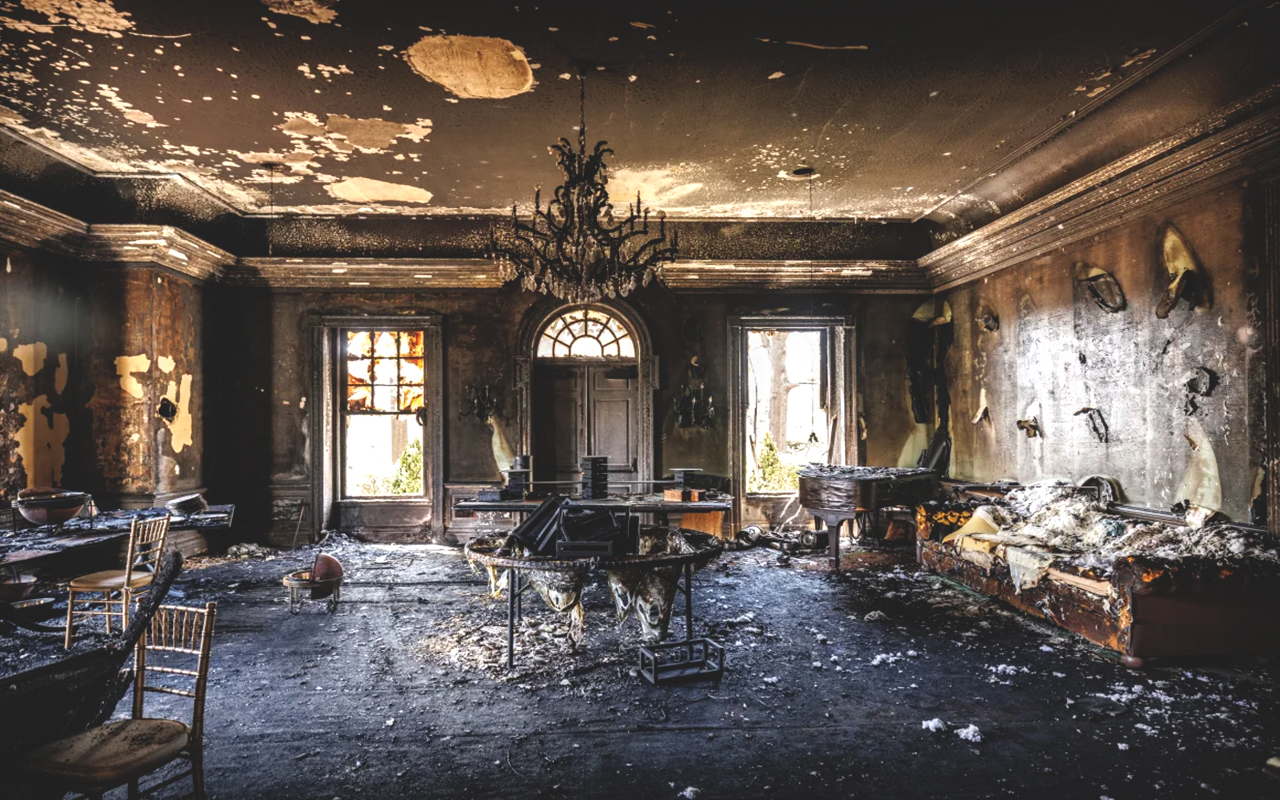
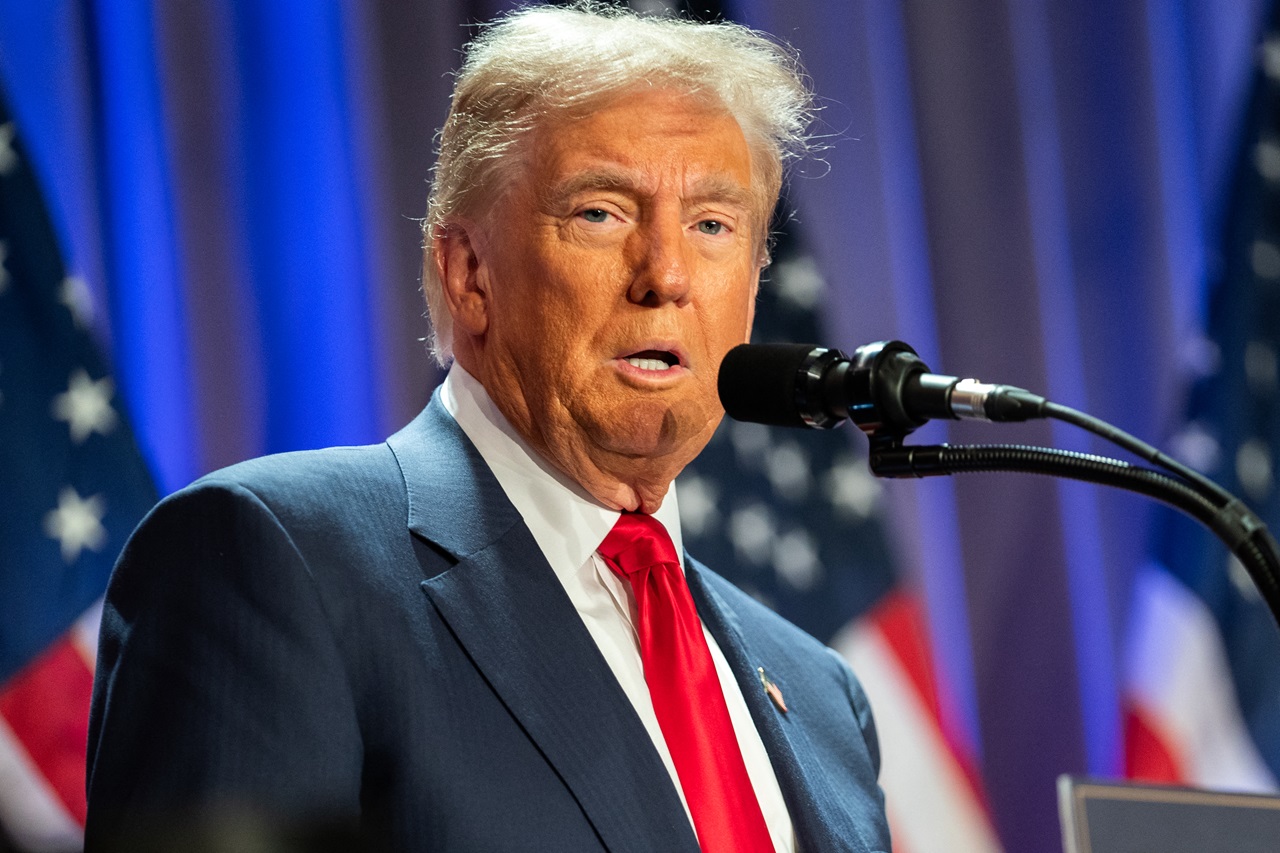
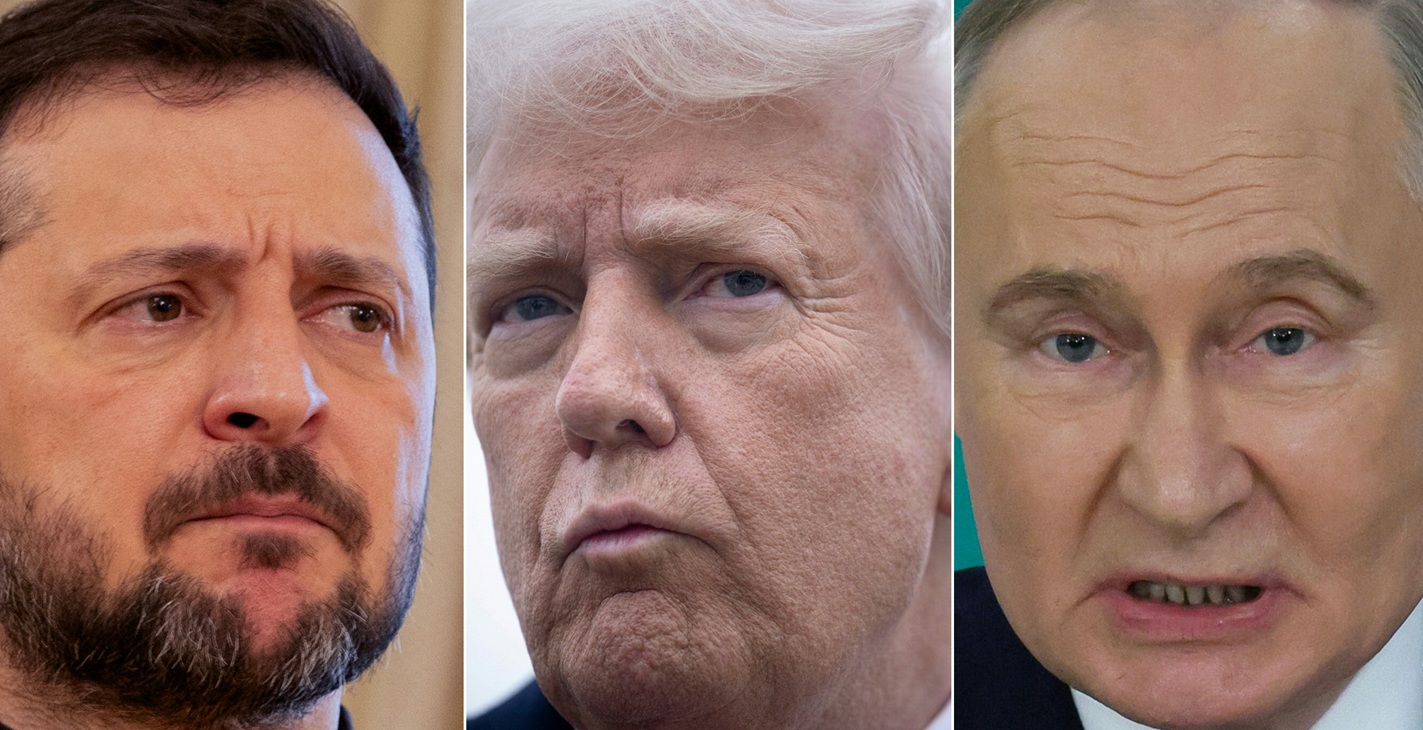

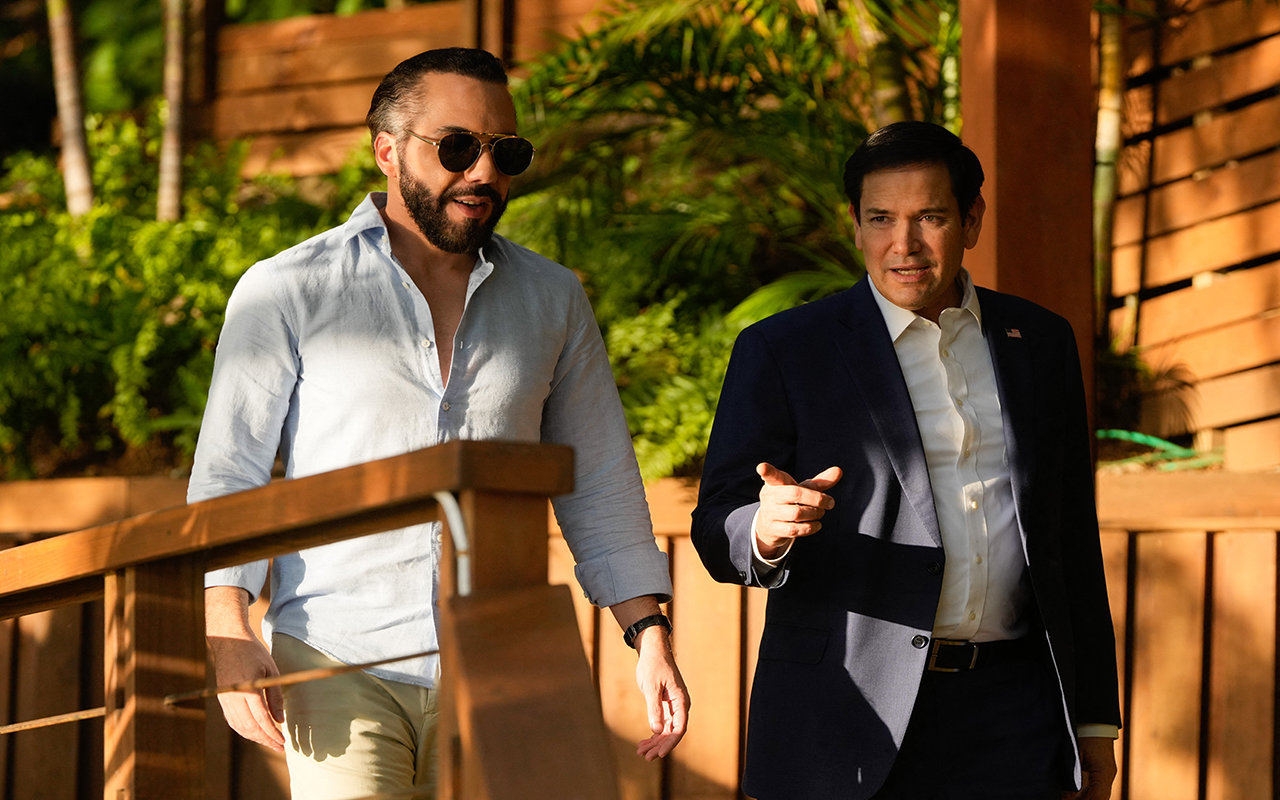


LEAVE A COMMENT: